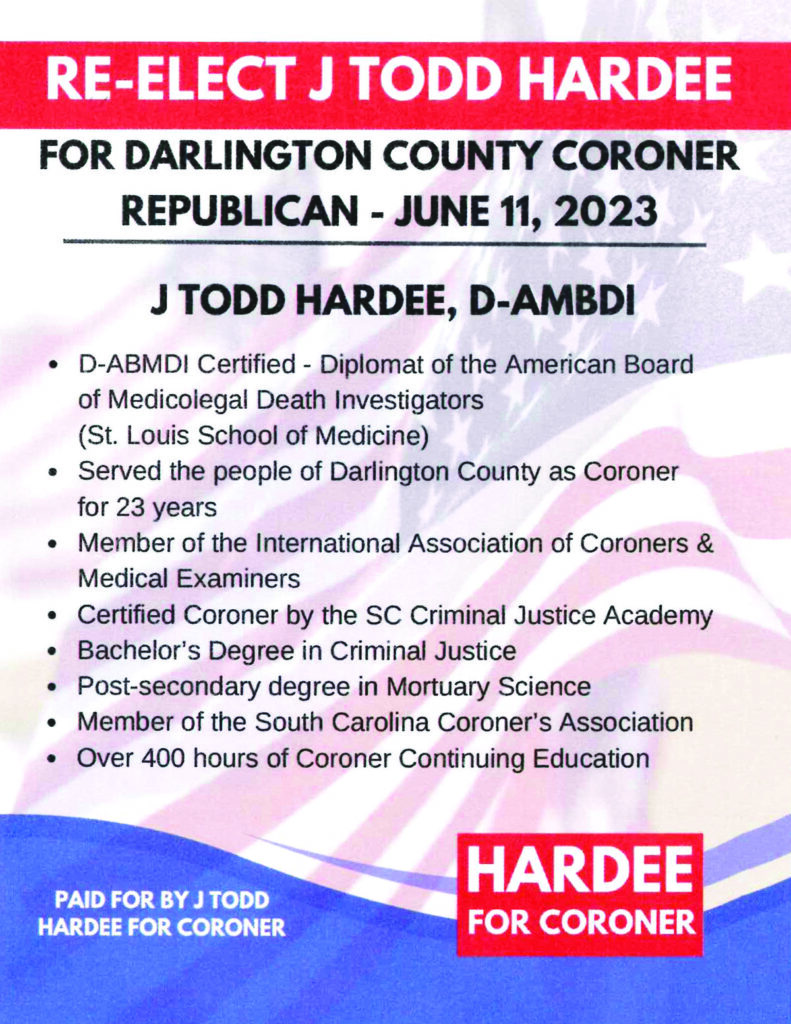Mental Health Awareness: Before Stage 4

By Chelsea Bullock, Miss S.C. Sweet Potato Festival
Mental Health America (MHA) founded in 1909 is the nation’s leading community-based non -profit dedicated to helping Americans achieve wellness by living mentally healthier lives. Most of their work is guided by the Before Stage 4 philosophy – that mental health conditions should be treated long before they reach the critical points in the disease process. When we think disease like cancer or heart disease, we don’t wait years to treat them. We start before Stage 4, we begin with prevention, identify symptoms and develop a plan of action to reverse and hopefully stop the progression of the disease. So why don’t we do the same for individuals who are dealing with potentially serious mental illness?
Did you know? During the early days of mental health treatment, asylums often restrained people who had mental illness with iron chairs and shackles around their ankles and wrist. With better understanding and treatments, this cruel practice eventually stopped.
In the early 1950s, Mental Health America issued a call to asylums across the country for their discarded changes and shackles. On April 13th, 1956, at the McShane Bell Foundry in Baltimore, MD, Mental Health America melted down these inhumane bindings and recast them into a sign of hope, the Mental Health Bell. Now the symbol of Mental Health America, the 300-pound bell serves as a powerful reminder that the invisible chains of misunderstanding and discrimination continue to bind people with mental illness. Today, the Mental Health Bell rings out hope for improving mental health and achieving victory over mental illness.
Mental health conditions, such as depression, bipolar post-traumatic stress disorder and anxiety, are real, common and treatable. And recovery is possible. If you recognize any of the symptoms below, act before Stage 4 and visit www.mentalhealthamerica.net and take a screening. Please note: Screenings are validated only for adults. Please share your results with a physician or healthcare provider.
Symptoms
• Changes in energy level and sleep patterns
• Noticeable restlessness or irritability
• Loss of interest or please in activities
• Feeling sad, empty, hopeless, worthless or guilty
• Frequent thoughts of death or suicide
• Difficulties with concentration or decision making
• Changes in appetite, eating habits or weight.



